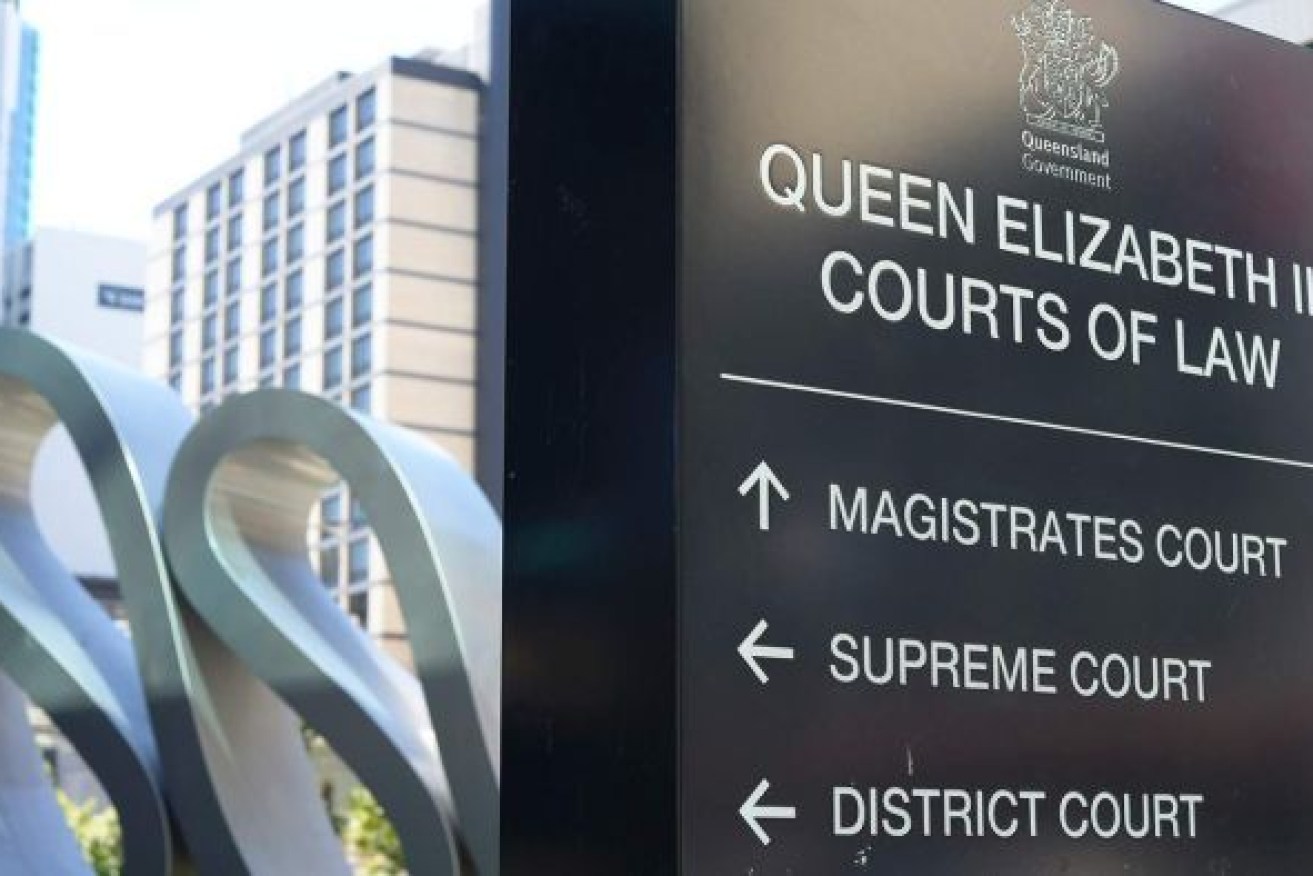Courtroom conflict, graphic evidence is traumatising our judges
In a speech to Queensland magistrates, Justice Helen Bowskill has urged all judicial officers to safeguard their mental health.

Photo: ABC
The respected Supreme Court judge referred to research from psychologist and lawyer Carly Schrever, who is also judicial wellbeing officer with the Judicial College of Victoria. Schrever’s research suggests the judicial system has been under stress, but not in a mental health crisis.
However, due to the nature of the job, 62 per cent of judicial officers were experiencing mild or higher levels of secondary traumatic stress. Around 13 per cent of judicial officers were experiencing high or severe secondary traumatic stress, while many reported problems sleeping or with alcohol dependency.
A separate study from the University of New South Wales found 61 per cent of judicial officers had been subject to one or more type of threat, including threats to kill or harm them, their family, or their children.
Two thirds of judicial officers had reported negative impacts of exposure to vicarious trauma, while a slightly lower proportion of felt exposed to public criticism by the media and on social media.
“Contrary to the popular belief that judicial officers enjoy a leisurely existence in ivory towers, courts are daily exposed to the very worst of human behaviour,” Bowskill said.
“We spend a lot of our professional life in the murky depths of the gutter, rather than the lofty heights of any tower. We have regular contact with distressing subject matter and distressed people.”
Bowskill said the sources of stress were increasing, and included: “the reduced respect for and faith in public institutions generally, of which the courts are but one casualty; increasingly critical and often ill-informed media coverage; the executive arm of government no longer defending and sometimes actively attacking the judiciary to score a political point; increased workload and case complexity; pace of legislative change; and the rise in numbers of self-represented parties”.
This, Bowskill said, could make judges feel both isolated and under attack, while still being exposed to vicarious trauma as part of their job.
“Something that I learned, when I was on the District Court, was the difference in terms of impact between reading about something, and actually seeing it,” Bowskill said.
“The particular example I have in mind was in relation to child exploitation material, and a case in which I had to sentence a person who had made such material, by creating videos of children, and then distributing them. Screen shots of those videos formed part of the material before the court on the sentence; in contrast to the written descriptions of content I had seen in other matters. I later learned, from a psychiatrist speaking at a conference, that there is a significant difference in terms of impact depending on the type of exposure that you have to the traumatic information.”
Bowskill said she had experienced many sleepless nights. She urged her colleagues to find a close network of colleagues to confide in, take time out to relax, exercise and laugh, become more involved in activities outside court, and speak up if there were bigger issues.
She also called for institutional and cultural change to ensure people were supported in their efforts to safeguard their mental health and respond to any potential issues.
“Many years ago, I attracted some attention as a fairly new barrister, standing up at a Bar Association conference and asking the panel of professional indemnity insurance representatives who were speaking – why was it that professional indemnity insurers penalise professionals who are proactive about their mental health, by denying them cover? I did that because I had first-hand experience of that penalty,” Bowskill said.
“I had cause to seek professional help in my late teens and early 20s because of some challenges. I was then proactive, following up annually for a mental health check-up, even when I was otherwise fully recovered. When I came to the Bar, I had to disclose that in order to obtain insurance, and then was denied cover. It was not until much later that an exclusion for depression was made available.”
Bowskill is a graduate of Queensland University of Technology who worked as an associate and barrister before becoming a judge and finally joining the Supreme Court in 2017.












